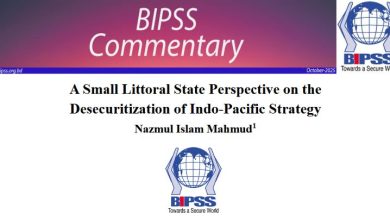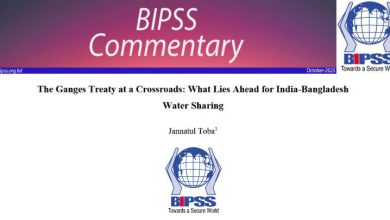
Conflict Prevention in South Asia: Lessons from Recent India-Pakistan Tensions
BIPSS Research Associate Alice Daversin’s paper explores the evolving dynamics of India–Pakistan tensions, emphasizing how traditional military posturing has been compounded by newer elements like cyber warfare, disinformation, and artificial intelligence. She examines the structural and strategic changes that have heightened risks of inadvertent escalation, especially in the absence of effective communication channels and diplomatic engagement. Drawing on recent crises such as Pulwama–Balakot and the abrogation of Article 370, the paper identifies key drivers of conflict and underscores the inadequacy of existing confidence-building measures. It concludes by recommending the need for modernized conflict prevention strategies, including third-party facilitation, technological safeguards, and renewed bilateral dialogue, to manage the risks in this nuclear-armed dyad amid a transforming global order.



